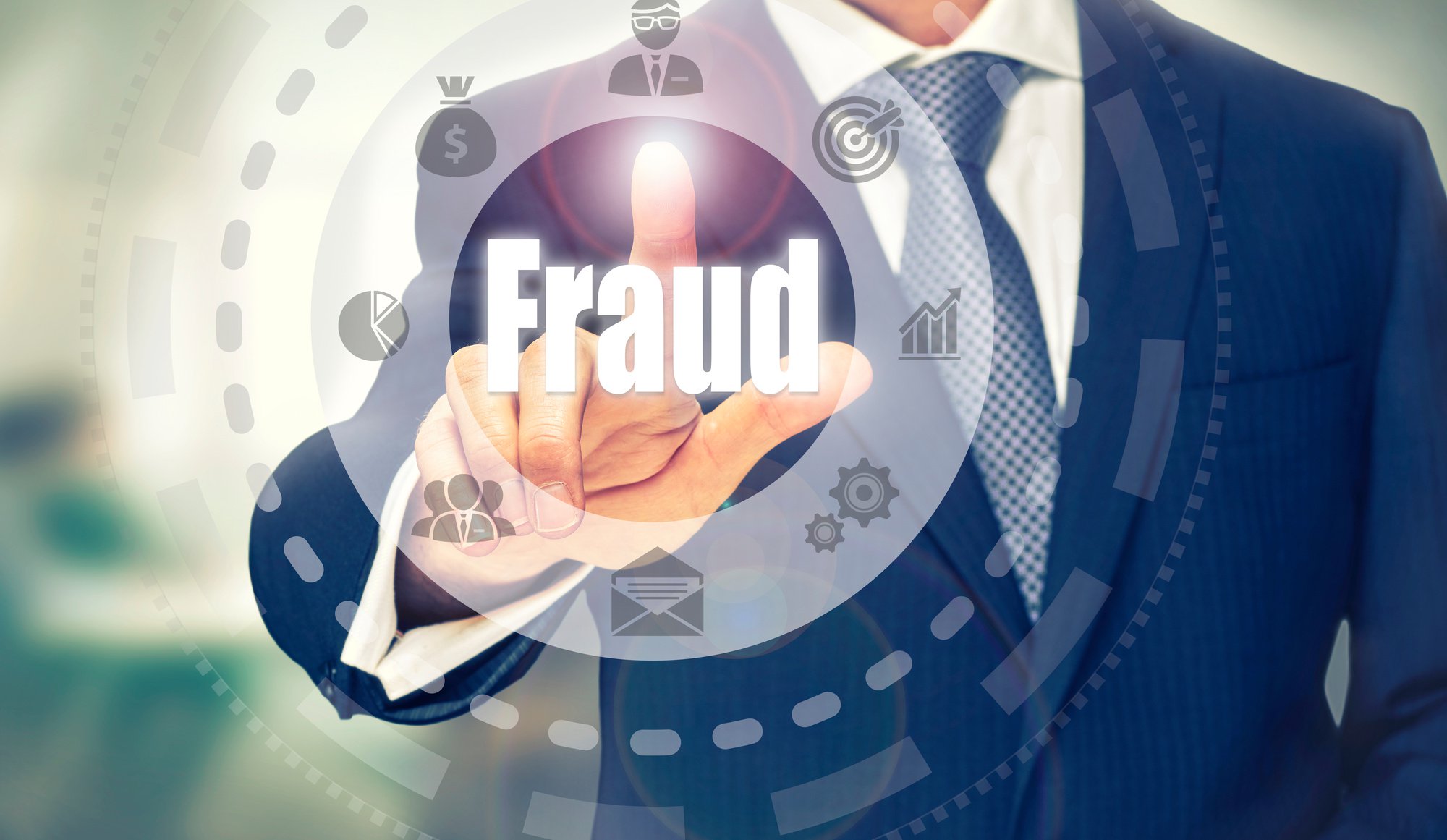The Wall Street Journal published an article by Jason Zweig and Andrea Fuller on August 31, 2020 explaining their analysis of how financial advisers fell short in meeting their obligations to disclose important information to individual investors like you.[1] The Wall Street Journal analyzed the filings made by investment advisers on the SEC Form CRS.…
Continue reading ›wins $11.5 million
against Morgan
Stanley, as reported
in Barrons
















